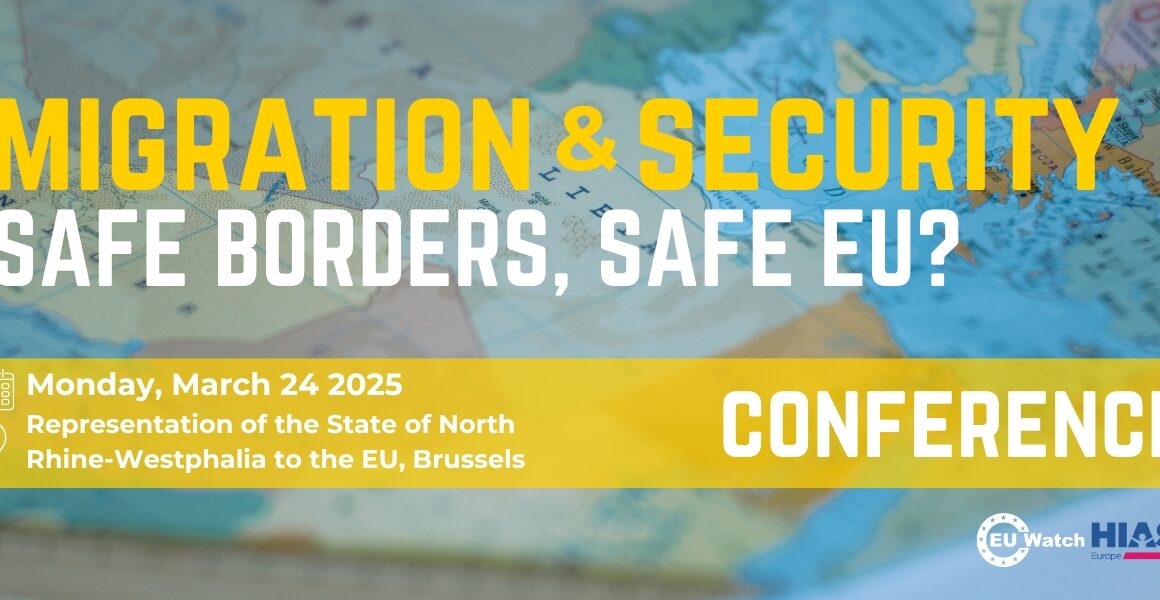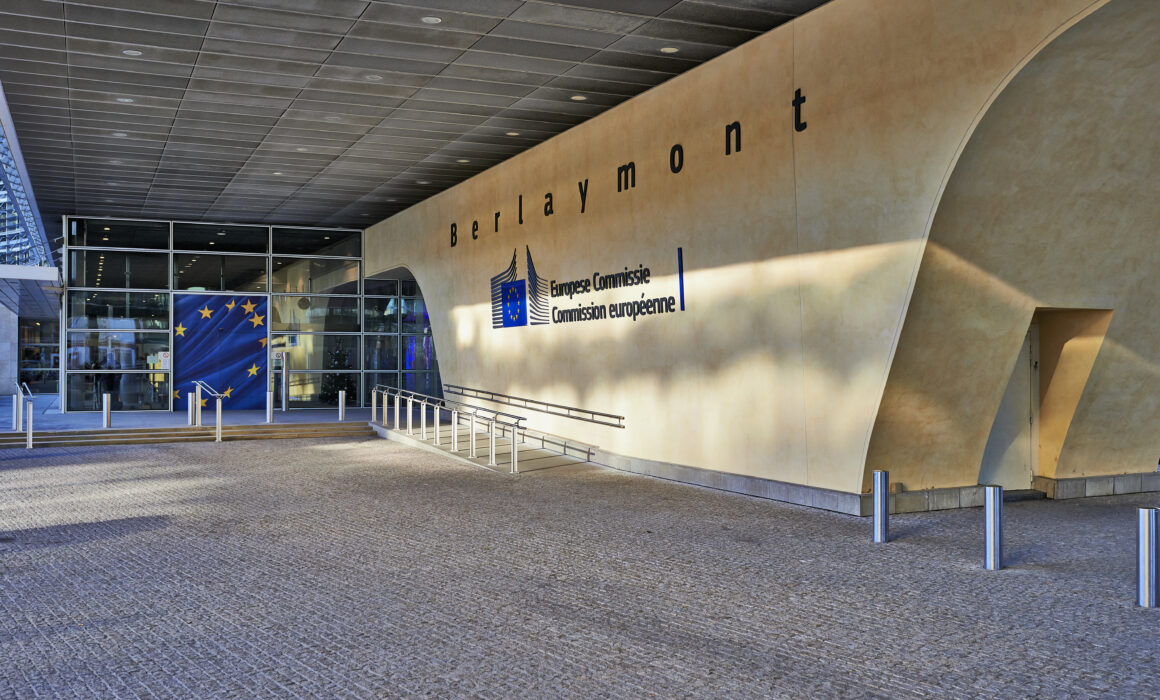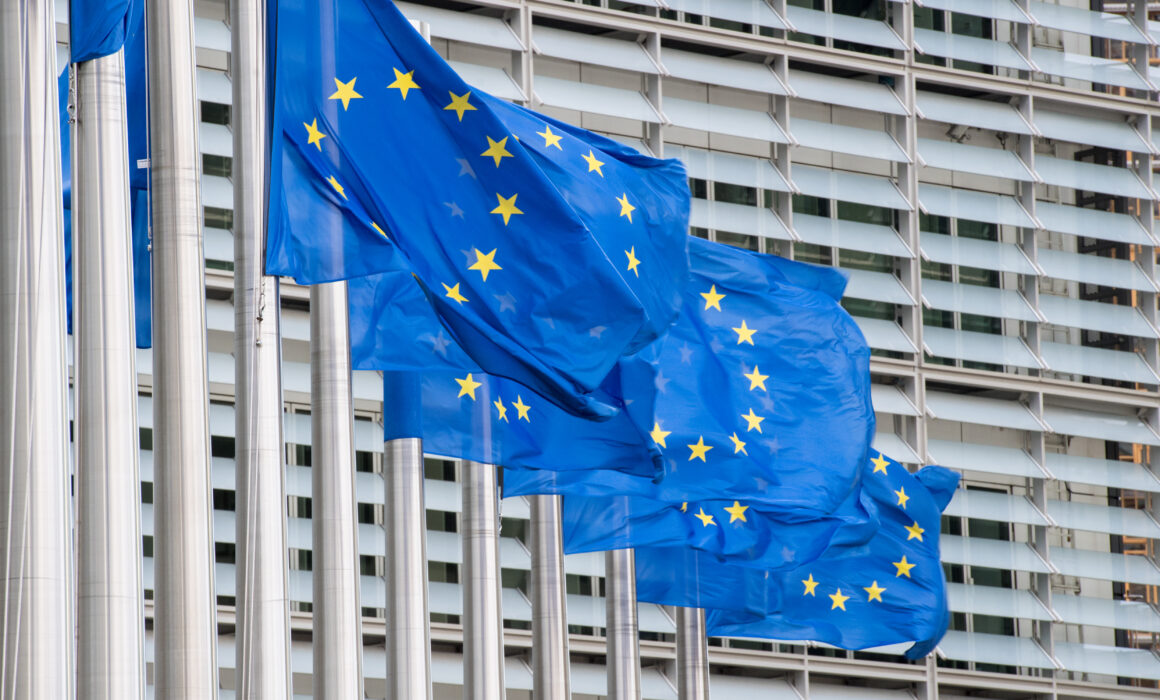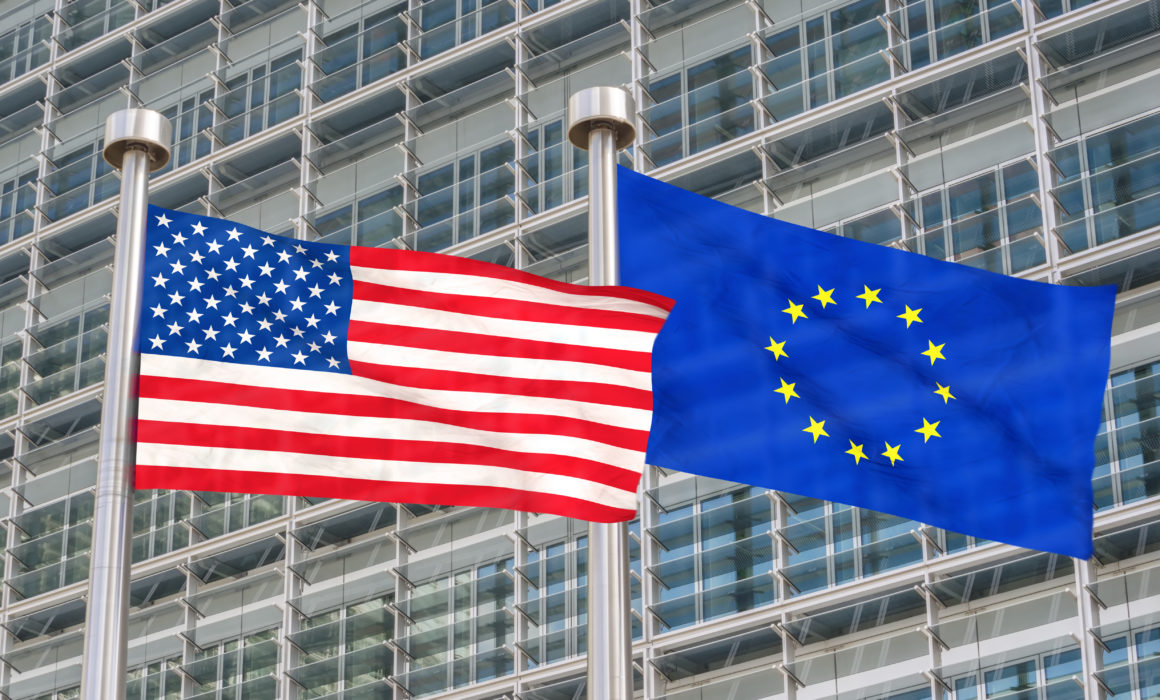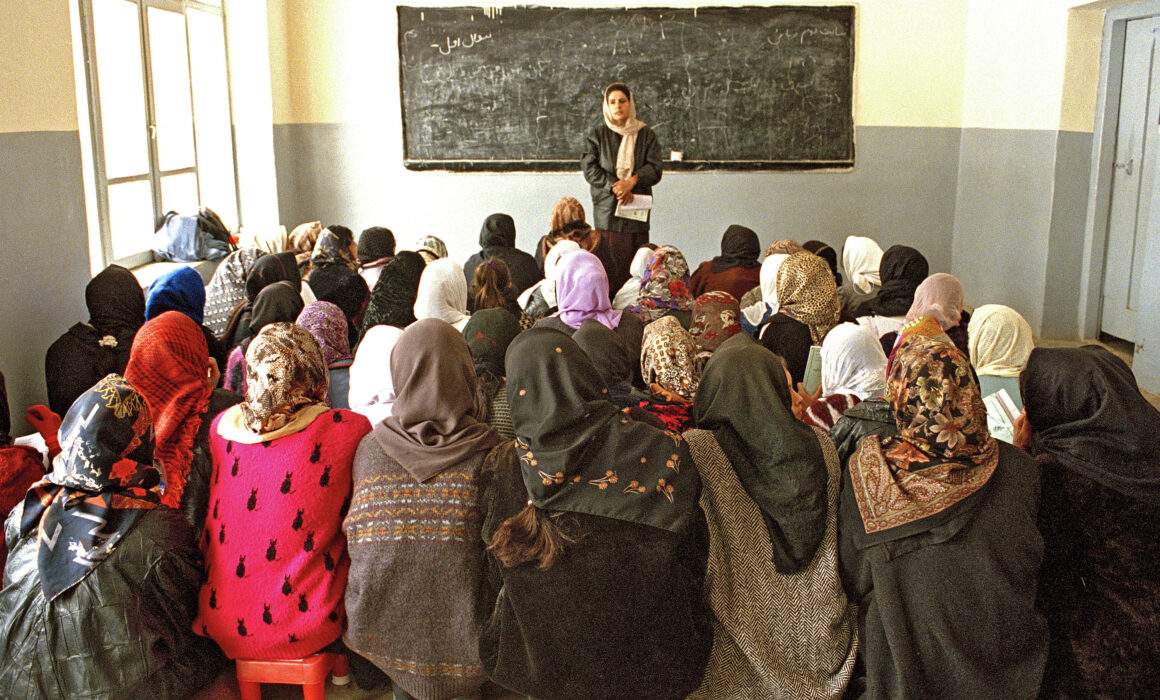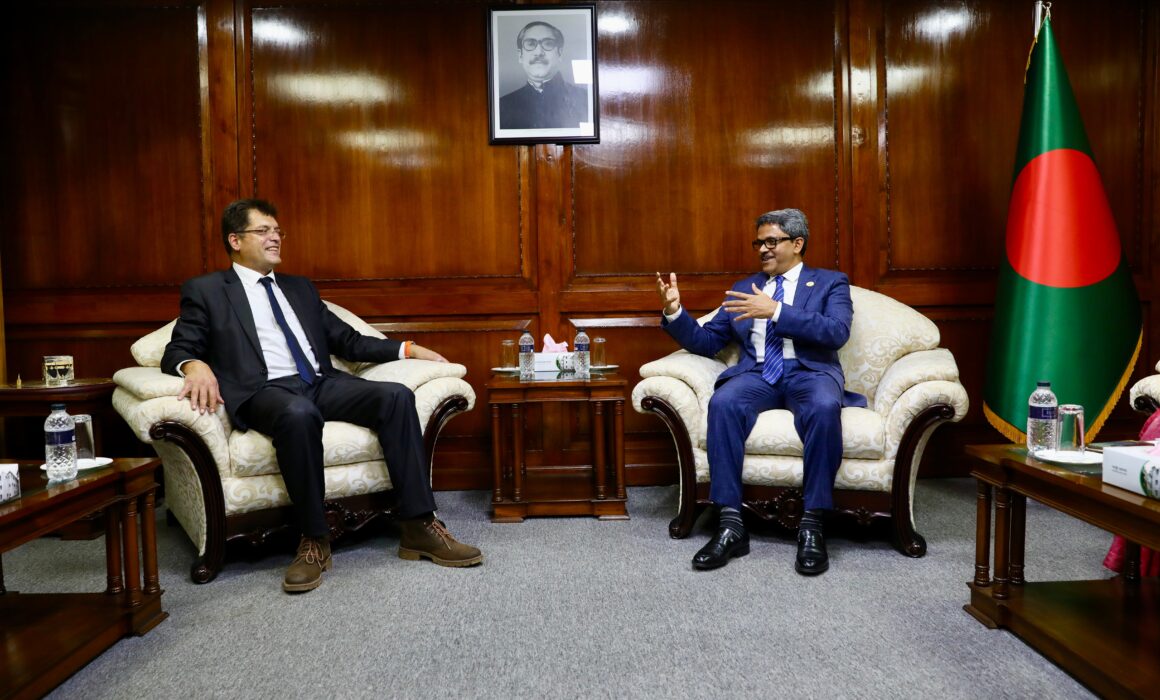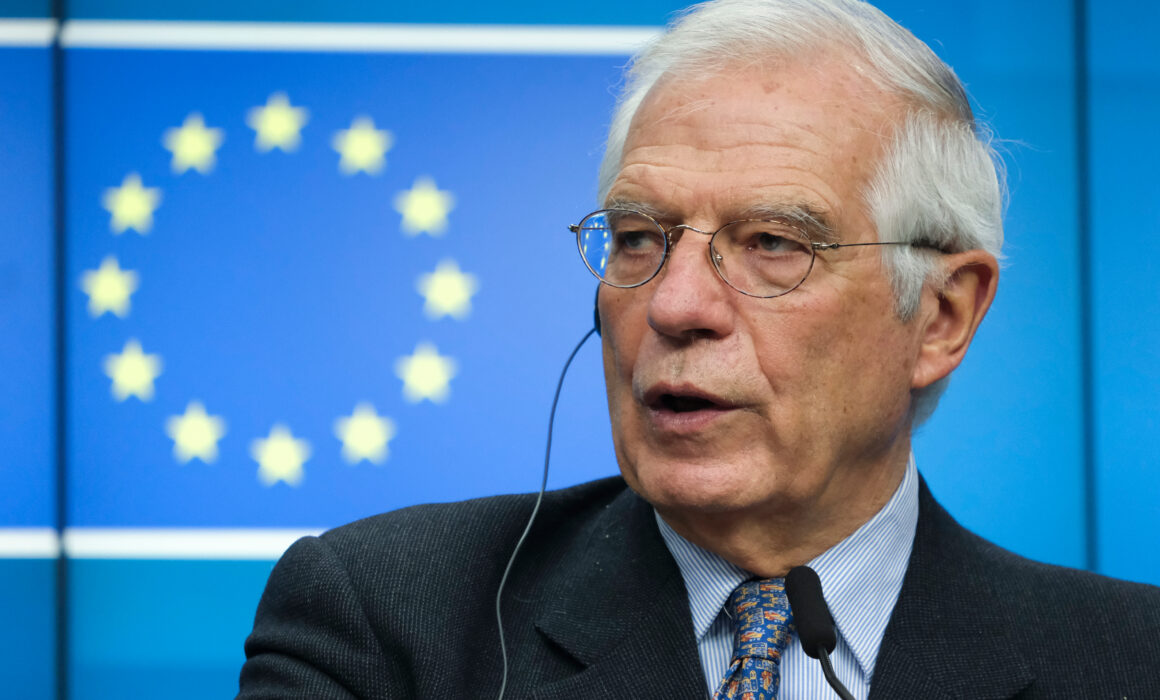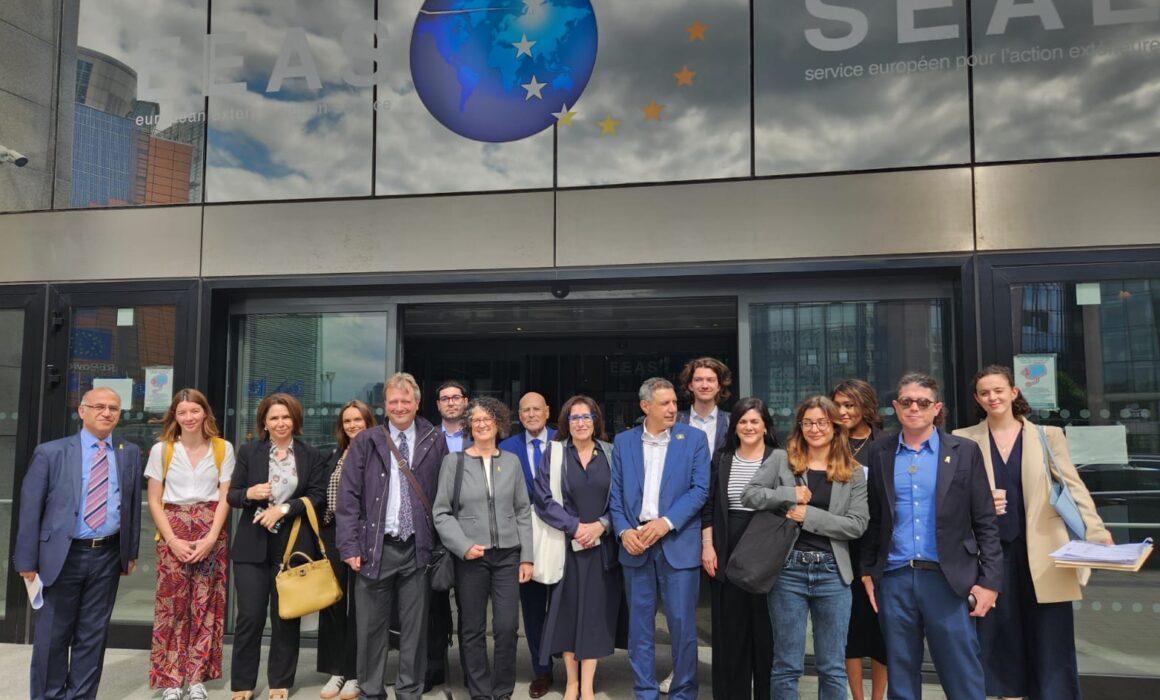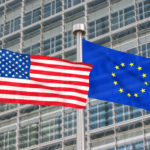The leaders of the main political groups in the European Parliament have agreed on a strongly-worded resolution on Russia.
The European Parliament could pass a far-reaching, but non-binding resolution on Russia next week. Negotiators of five political groups on Thursday reached a compromised on a joint motion that declares Russia a “state sponsor of terrorism and a state that uses means of terrorism”.
According to the draft resolution seen by EU Watch, lawmakers also urge the other EU institutions and member states to develop a new legal framework to allow for the designation of states as sponsors of terrorism and of states which use means of terrorism.
Andrius Kubilius MEP, former prime minister of Lithuania and standing rapporteur of the European Parliament on Russia, told EU Watch that while the wording was a compromise between the different political formations, it would send a “very powerful political message to Putin and the elite around him”. Kubilius said he expected the “majority to vote for the resolution.”
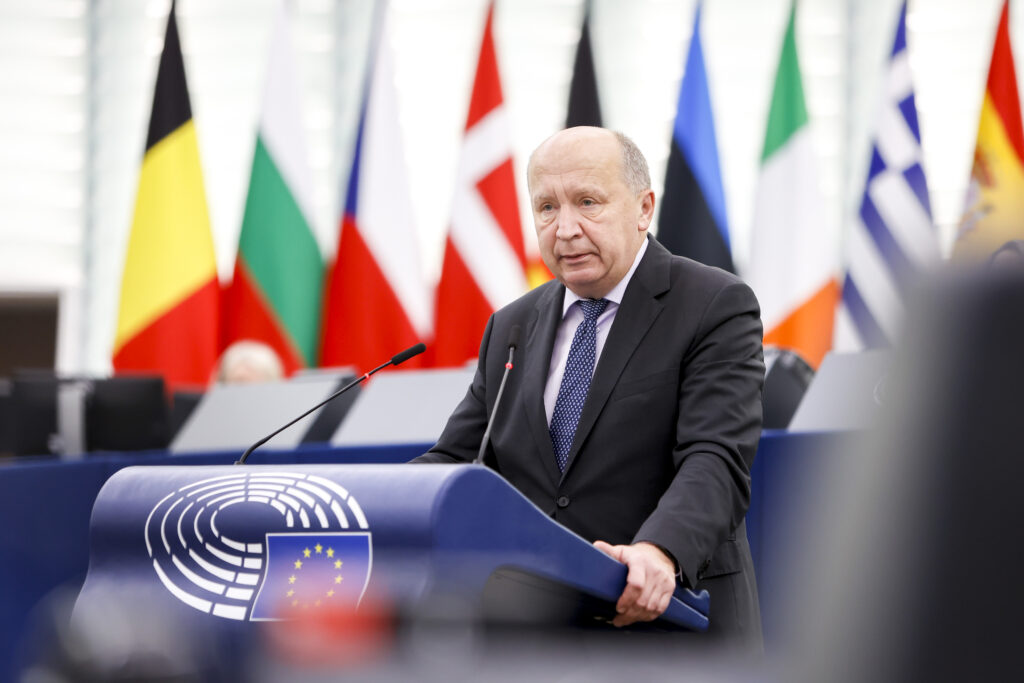
What are the main points of the draft resolution?
- EU and member states are urged to isolate the Russian Federation on the international level, including its membership in United Nations bodies such as the Security Council, and other international organisations
- EU should not attend any formal events on Russian territory any longer
- Diplomatic relations with Russia to be reduced to the absolute necessary minimum at all levels
- Nord Stream 1 & 2 gas pipelines to be completely abandoned
- Immediate and full embargo on EU imports of Russian fossil fuels and uranium
- Russian symbols that glorify the war to be prohibited
- Commission and the co-legislators to complete the legal regime which will allow for the confiscation of the frozen Russian assets. These resources can be used for the reconstruction of Ukraine, and the compensation for the victims of Russia’s aggression.
- The European lawmakers also want the European Union to include “Russian-funded armed groups, militias and proxies” in the bloc’s list of terrorist organisations, including the so-called Wagner Group and the 141st Special Motorized Regiment (commonly known as Kadyrovites).
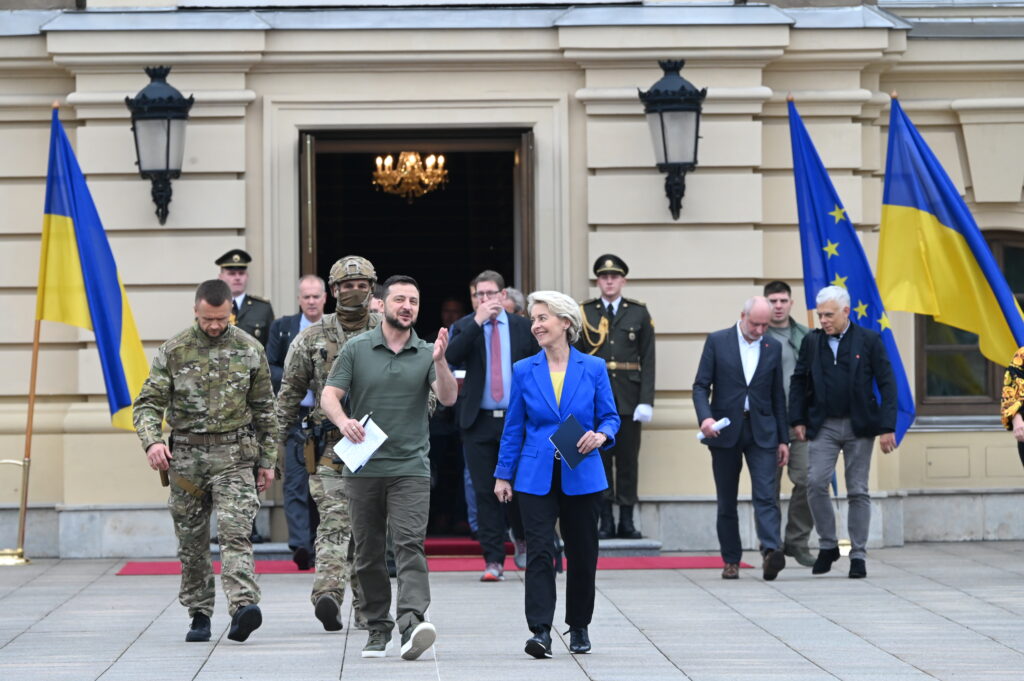
What are the practical implications of such a move?
The resolution acknowledges that a framework for designation of states as sponsors of terrorism is not yet in place on EU level. Andrius Kubilius believes, however, that the EU should move from “ad-hoc decisions to systemic decisions.” He added: “I’m always optimistic. Usually, when the EU is facing a crisis, it is becoming stronger in that area.”
However, there is some scepticism as to the practicality of the proposals. One MEP said, on condition of anonymity, that the text contained a lot of “hot air”. Moreover, the motion is not binding on the Council, which is the main player in EU foreign relations.
Authors: Nenad Jurdana and Michael Thaidigsmann
Our most recent news
Register Now – Conference “Migration and Security: Safe Borders – Safe EU?”
EU Watch AISBL and HIAS Europe are delighted to invite you to our conference that is taking place on Monday, March 24 2025, at the Representation of the State of North-Rhein Westphalia to the EU, in Brussels.
EU: Taliban recognition hinges on full compliance with international norms
Read the response to our letter sent to EU foreign policy chief Josep Borrell regarding the EU’s Afghanistan policy and human rights issues, with a particular focus on Afghan women’s rights.
How the US election could shape Europe’s security future?
EU Watch interviewed Finnish politician Mika Aaltola, who serves for the first time as a Member of the European Parliament. We discussed the issues of the impact of US elections on Europe’s security, NATO and the EU enlargement.
‘Kaja Kallas is my hope for an EU that speaks with one voice’, says Austrian MEP Brandstätter
EU Watch interviewed Austrian politician Helmut Brandstätter, who serves for the first time as a Member of the European Parliament. We discussed the issues of Ukraine’s support, EU enlargement, migration and media freedom.

